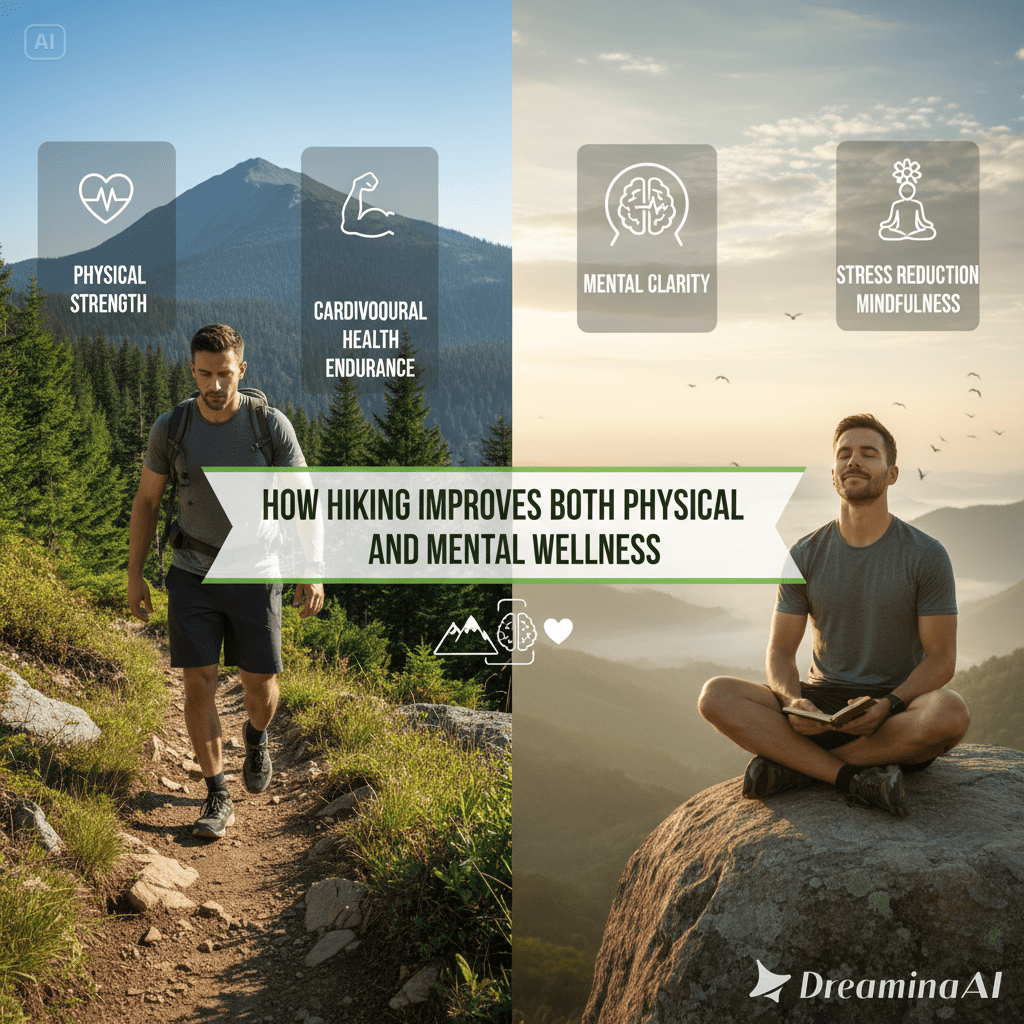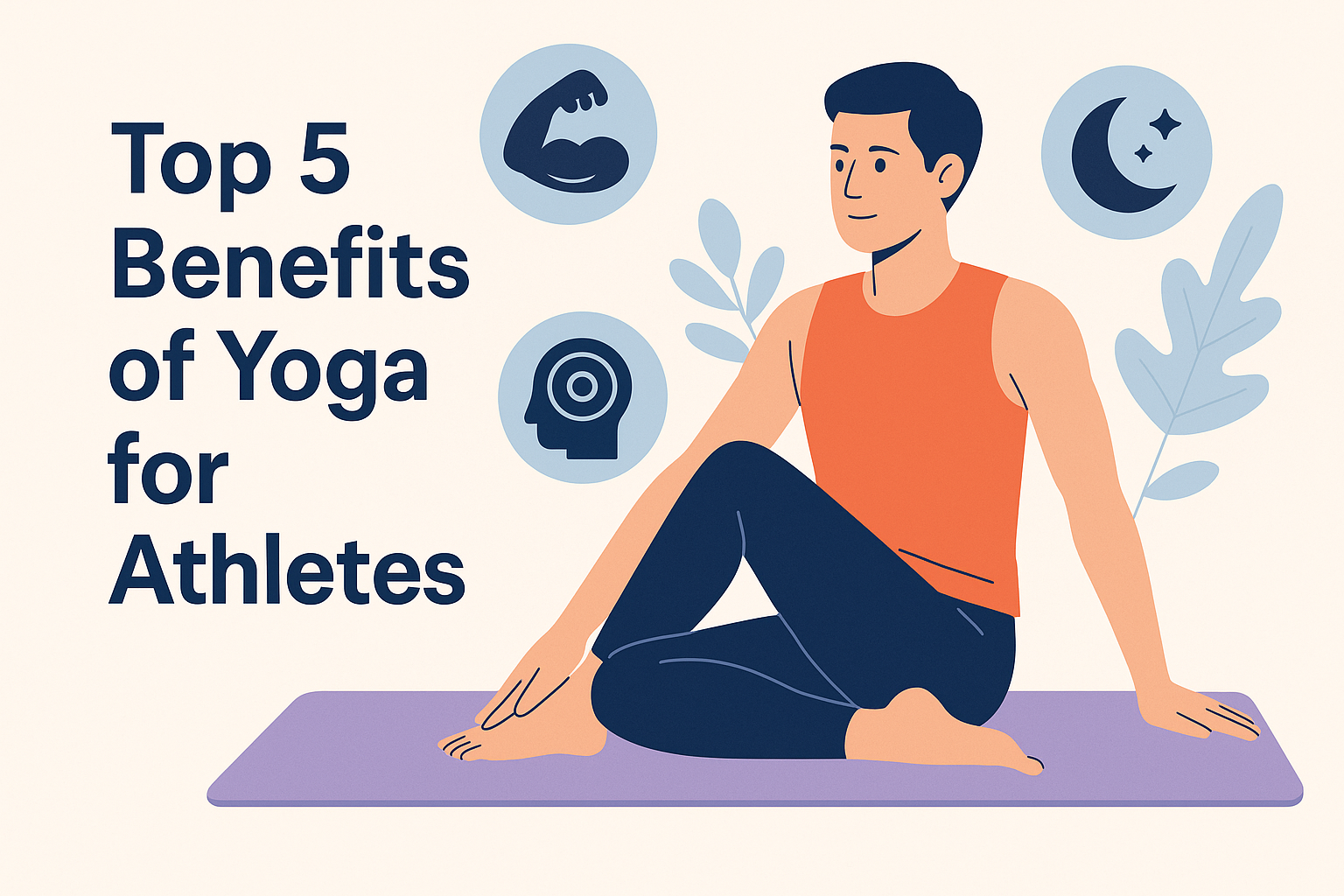Discover how hiking improves both physical and mental wellness with cardiovascular, muscle, and mental health benefits. Learn tips to maximize the advantages.
Hiking has grown in popularity as more people seek ways to stay healthy while connecting with nature. Beyond being a simple outdoor activity, hiking provides numerous benefits for both physical and mental wellness. From strengthening muscles to reducing stress, it offers a holistic approach to well-being.
As modern life becomes increasingly sedentary and stressful, hiking emerges as a natural solution to improve overall health and mental clarity.
1. Physical Benefits of Hiking
a. Cardiovascular Health
Hiking is an excellent aerobic exercise that strengthens the heart, improves circulation, and lowers blood pressure. Regular hikes can significantly reduce the risk of heart disease.
b. Muscle Strength and Flexibility
Walking on uneven terrain engages different muscle groups, including legs, core, and back. Climbing, stepping over obstacles, and balancing on trails enhance overall body strength and flexibility.
c. Weight Management
Hiking burns calories efficiently. Depending on intensity, a single hike can burn hundreds of calories, helping maintain a healthy weight and boost metabolism.
2. Mental Benefits of Hiking
a. Stress Reduction
Spending time in nature reduces cortisol levels, helping to alleviate stress and anxiety. Hiking allows the mind to relax while focusing on the present moment.
b. Improved Mood and Mental Clarity
Physical activity triggers the release of endorphins, which enhance mood and energy. The combination of exercise and fresh air can combat depression and improve mental clarity.
c. Mindfulness and Connection with Nature
Hiking encourages mindfulness as individuals pay attention to their surroundings, the trail, and their breathing. This connection with nature fosters a sense of peace and mental well-being.
3. Social and Community Benefits
- Group hikes promote social interaction, reducing feelings of isolation and fostering a sense of community.
- Shared outdoor experiences can strengthen friendships and family bonds.
- Community hiking trails and events encourage environmental awareness and stewardship.
4. Tips to Maximize Wellness Benefits
- Start Slow: Begin with easy trails and gradually increase difficulty.
- Stay Hydrated: Carry enough water to stay hydrated throughout the hike.
- Use Proper Gear: Invest in comfortable hiking shoes, clothing, and essential safety equipment.
- Practice Mindfulness: Focus on breathing, surroundings, and the sensations of movement to enhance mental benefits.
- Consistency is Key: Regular hiking yields long-term physical and mental health improvements.
Conclusion
Hiking is more than just an outdoor pastime—it’s a comprehensive wellness activity. By strengthening the body, improving cardiovascular health, reducing stress, and enhancing mental clarity, hiking supports both physical and mental well-being.
Incorporating hiking into your routine can lead to a healthier, happier, and more balanced life, all while enjoying the beauty and tranquility of nature.
Recommend :














